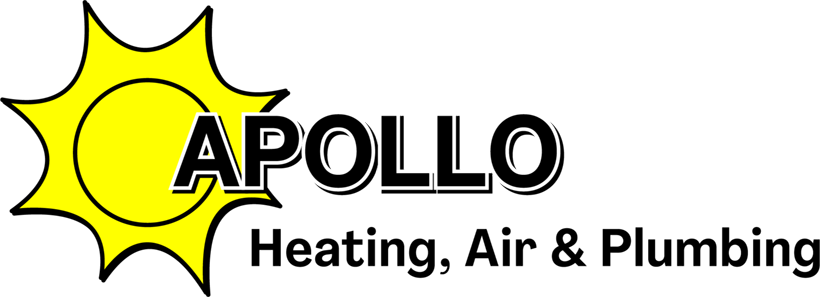It’s the middle of the winter when all of a sudden your power goes out. It could be hours before the system goes back on. What should you do? If you have a generator in your house, you can attach it to your HVAC in Minneapolis and get the heat that you need. If you do this, you need to have it installed and prepared well before the time of a power outage. Here are the steps that you can take to make sure that your generator will heat your home when you need it.
1. Check the Transfer Switch
In most homes, the furnace is directly attached to the circuit. You can’t connect the generator unless you have a transfer switch installed between your furnace and circuit breaker. This installation should be done by a professional electrician. If you don’t have a transfer switch already installed, you should contact an electrician before completing the process.
2. Prepare the Space
Before doing anything else, you need to shut off the circuit breaker to your furnace. Make sure that the power is off so you don’t electrocute yourself. Then, gather all of the supplies that you’ll need. From wire cutters to an extension cord and the generator itself, you should have the supplies to complete the rest of the project ready to go.
3. Rewire the System
You’re going to need to cut the wire that runs from the furnace to the circuit breaker. Then, install an outlet to the breaker panel. Make sure that the wires run from the circuit breaker to the furnace with the extra outlet, so you can plug in the generator when you need it.
4. Install the Plug
You should install the plug on the side of the furnace. Then, plug the furnace in and reset the breaker. Make sure that your furnace is still working properly, and make sure that the generator will work to the furnace, too.
5. Plug in the Generator
Place the generator somewhere safe. Since it can give off carbon monoxide, you shouldn’t keep it in your home or in a closed garage. You should also keep it away from children and water. Run an outdoor extension cord from your furnace to the generator when the power goes out. Make sure not to overload it, or you won’t end up being able to heat your home.
If you have any questions about using your HVAC in Minneapolis during a power outage, make sure that you speak with a professional to help you make sure that everything is properly connected well before a storm arrives.



